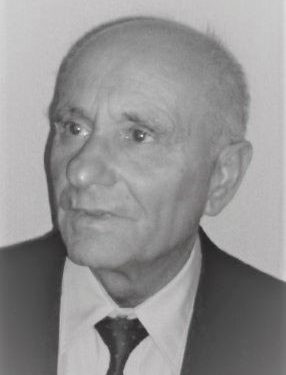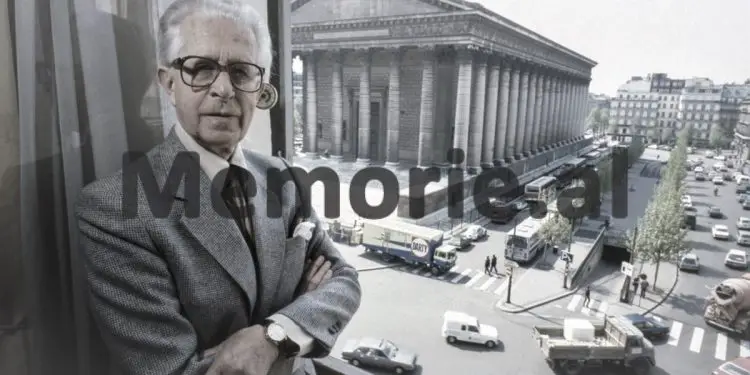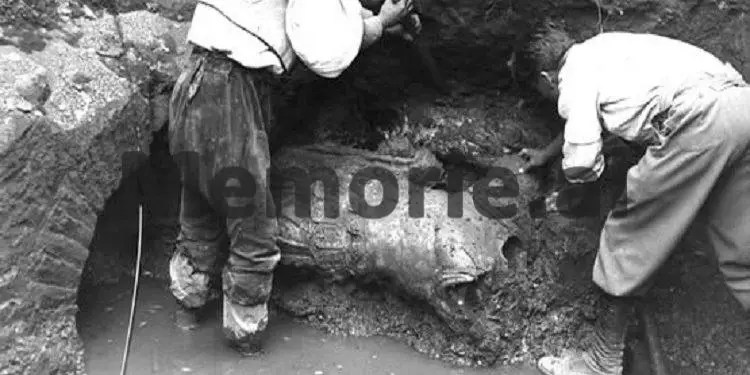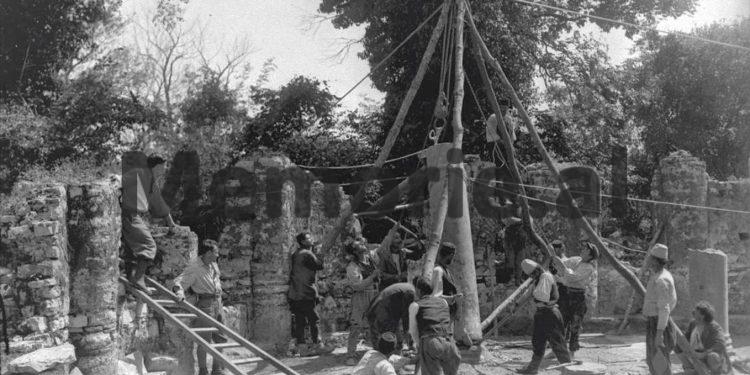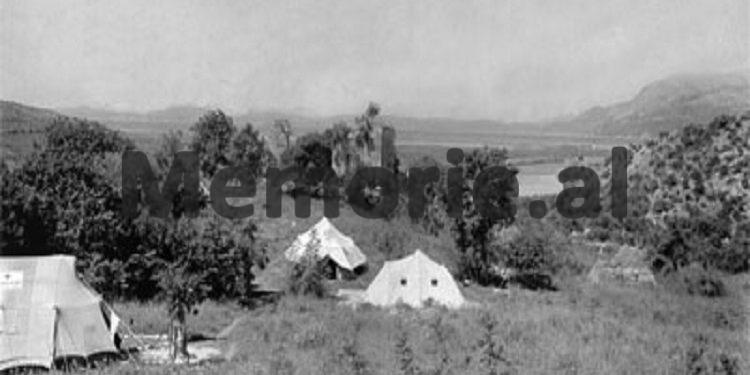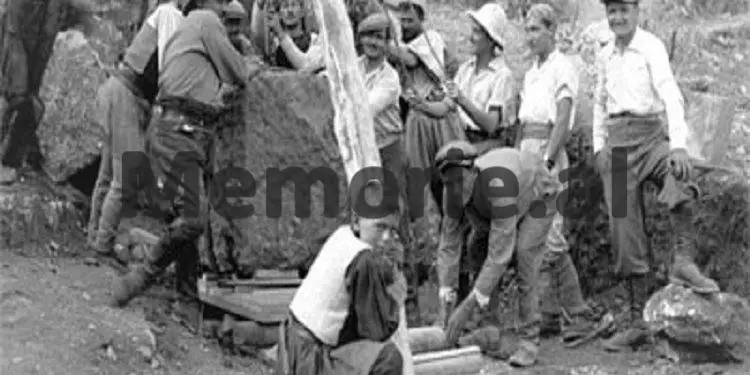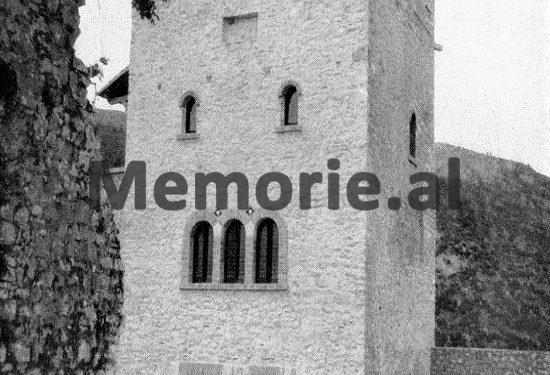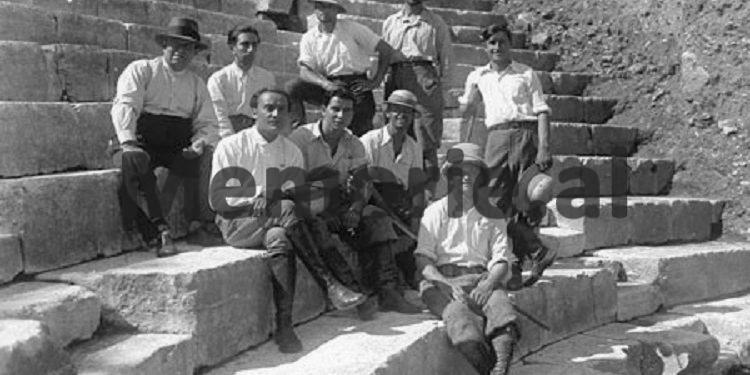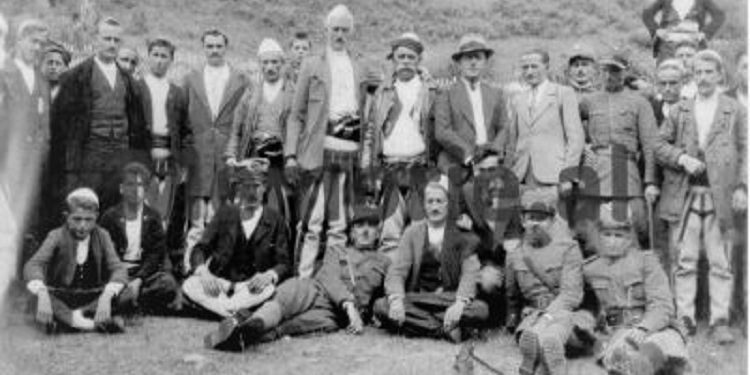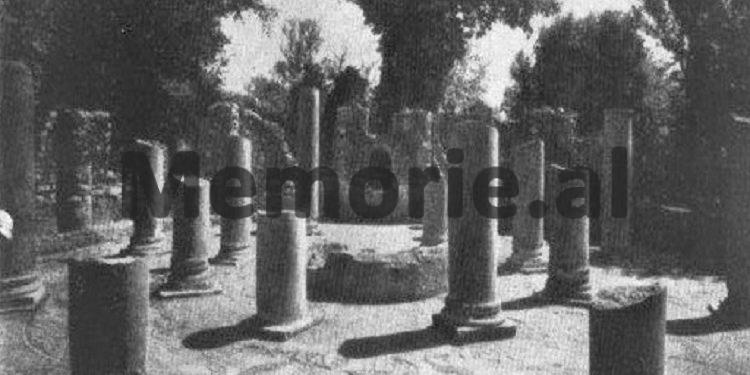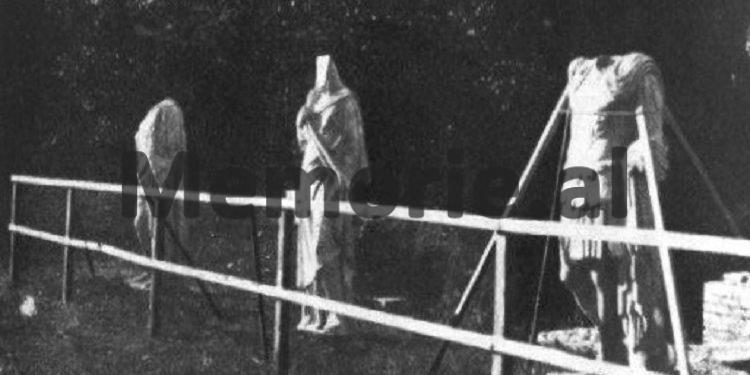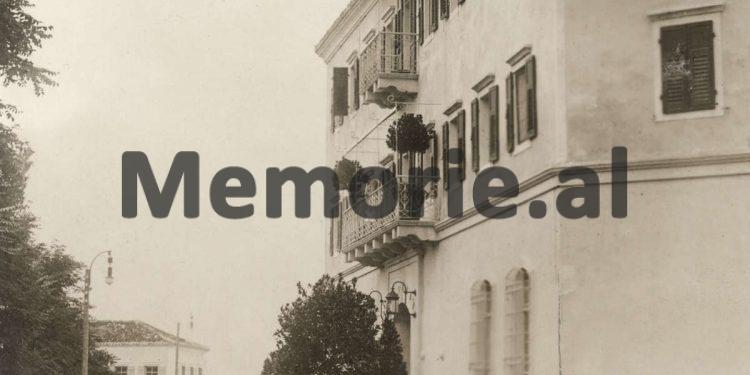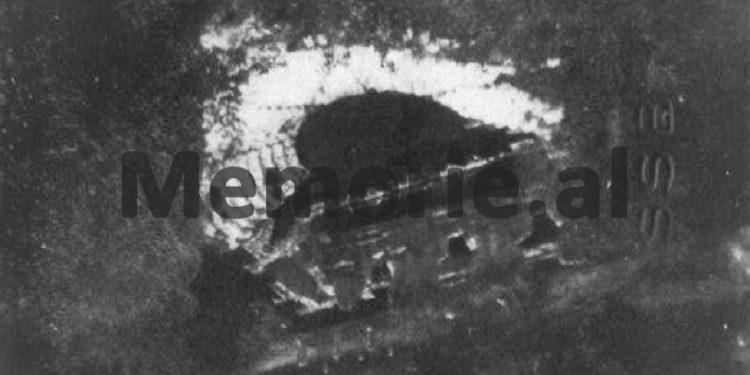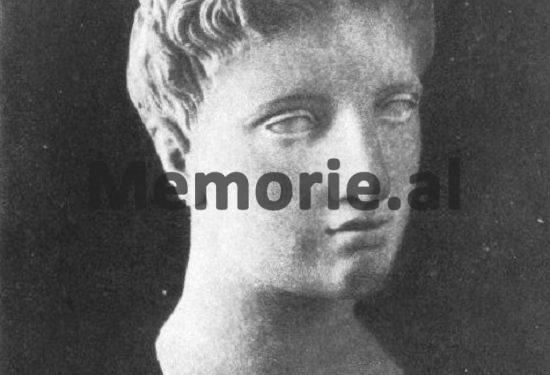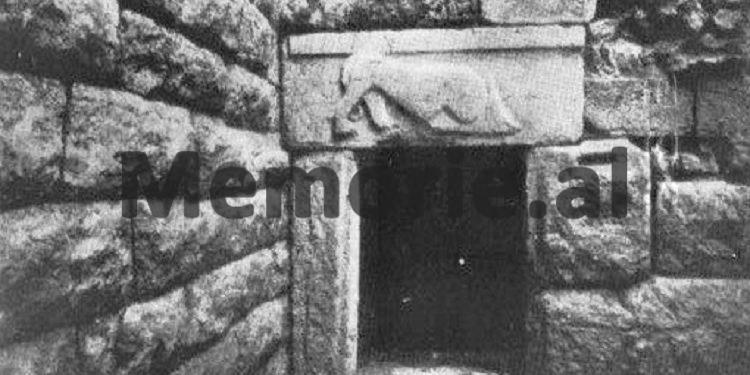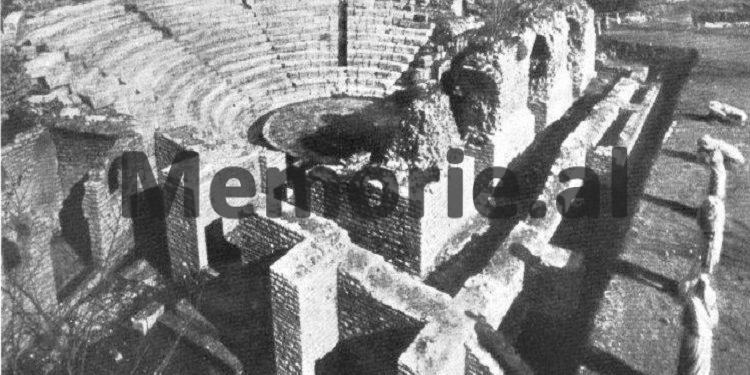By Sven Aurén
Translated by Adil N. Bicaku
Part twenty-nine
ORIENTI EUROPE
Land of Albania! Let me bend my eyes
On thee, thou rugged nurse of savage men.
Lord Byron.
In the book “Orient of Europe”, the author of the work is the Swede Sven Aurén. They are impressions of traveling from Albania from the ‘30s. His direct experiences without any retouching.
In a word, the translation of the book will bring to the Albanian reader, the original value of knowing that story that we have not known and we continue to know it, and now distorted by the interests of the moment.
Now a little about what these lines address to you: My name is Adil Bicaku. I have worked and lived for over 50 years in Sweden, without detaching for a moment, the thought and feeling from our Albania.
I am now retired and living with my wife and children, here in Stockholm. Having been for a long time, from the evolution of the Albanian language, which naturally happened during these decades, I am aware of the difficulties, not small, that I will face, to give the Albanian reader, the experiences of the original.
Therefore, I would be very grateful if we could find a practical way of cooperation together, to translate this book with multifaceted values.
Morally, I would feel very relieved, paying off part of the debt that all of us Albanians owe to our Albania, especially in these times that continue to be so turbulent.
With much respect
Adil Biçaku
Continued from the previous issue
Some of the tables have already been translated; others are waiting to become objects for scientific studies. From the discoveries of this part of the city, there is also a cemetery, from the time before Christ, with the names of the dead in the small niches of the wall and on a large shelf with tear bottles, which their relatives have placed next to the body of the deceased, as a sign of mourning. But the cemetery is not well controlled yet!
Through the narrow gate of the city, which opens like a crack in the giant wall, we exit on that steep path, which leads up, to the castle of Ugolin. On the stone floor of the pillar hall, the pits of the post-guard’s legs and that groove, where he supported the spear, are still visible. The road up to the castle is quite tedious, where it winds between the Venetian walls, but it is worth the effort. From the plateau of the castle, there is a dazzling view, over the area of excavations in unclear green color, over the Gulf of Butrint and the mountain further north of Greece. The excavations themselves are not so well seen. They seem to have been swallowed up by the jungle. It’s just the marble banks of the amphitheater, barely visible down the slope.
The main entrance to Ugolin’s apartment is on the second floor, where it goes through a large stone staircase, which is decoratively attached to the wall of the house, but Delvino Bey wants us to look inside first, in a basement on the ground floor, which functions as a museum. Here the archaeologist has collected all those movable cultural objects that the excavations have so far uncovered. On the shelves are kitchen furniture, decorative objects, and weapons in long queues and tell about the life that was led at that time by the wealthy inhabitants of Butrint.
Marble countertops, which decorated the walls of the theater, with the names of special artists, well-known or who have left biographies of powerful mayors of the city. You can also see Butrint’s local, Hellenic newspapers: blackboard inscriptions, which make harsh comments, the stream of daily political events, and biting epigrams, joking with sculptors and philosophers. Holidays and ordinary days in ancient Butrint are reflected in a stunning way in this impressive basement dome.
-When this material is finally processed, then it will spread new light on the early history of Albania, thinks Delvino Beu.
But I can hardly hear what he says. My interest is absorbed by four marble sculptures, of some supernatural dimension, which stand in a row, along the short wall performed with a virtuoso technique and feeling for the beauty of the lines, which was the sign of the miracle, of the art of engravers. It is a warrior with a short sword, on one side, signed ‘Sosicles’ and some figures, with pieces of cloth with deep wrinkles. Heads are missing. Features of the vivacity of the warrior’s life can be seen in the National Museum of Tirana, as well as an extremely beautiful head, which means of a girl.
But the most beautiful of these heads, “Venus of Butrint”, which the Art Institute, as a little hasty, baptized, took Mussolini, fishes from King Zog, as recognition of the successful work of the Italian archaeologist. “Venus of Butrint” has given rise to much discussion within archaeological science in Italy. From the beginning they wanted to say that the marble head was a work of Praxitel’s own hand, or in any case, of Praxitel’s school.
These artistic values were considered comparable to the art of classical sculpture and workmanship by the entire first. Now another theory has come to light, according to which, “Venus of Butrint”, believed by the delicate features of the face and high hair comb, should not represent a woman, but a boy. The head of the Museum of Tirana has gone one step further and claims according to his meaning, that: “Venus from Butrint”, represents Alexander the Great, in his youth. The prominent position of the head is reminiscent of other sculptures by Alexander.
But we leave it to the learned to quarrel, about the gender of the sculpture and the name. These four statues also a figure of Dionysus, a head of the Acropolis and a head of Augustus, have been found in the niches of the theater walls. In the temples and in the tombs, they have found other artistic objects. What new assets will the continuation of other excavations reveal? Ugolini is located just at the entrance of the vital task and the Italian state, has a concession for a period of time for 30 years.
On the floor above this makeshift museum, Ugolini has his own study, from where he through a high window, can look over his green, treasure room and dream of new archaeological adventures. It is a simple and practical room, furnished with a desk, a bookshelf and a bed, with mosquito net. The bookcase is occupied with literature of the scientific profession. I could only find one literary work, but one that I almost did not expect to find in a southern Albanian castle: Axel Munthers, “The Book of San Michele”.
On the way to the fishing boat, again we have to fight to move forward through the tropical jungle of Butrint. Suddenly I remember that the pleasure of this visit to the Atlantis of Albania does not consist only of sculptures, temples and marble theaters. It is finding their surroundings together that make the experience so great. Other excavations, which I have visited, have had modern houses in their vicinity; have been buzzing with tourist buses, camera hunter and uniformed clerks. The contrast between the old and the new is brutal. A meeting with antiquity in the Butrint jungle is a meeting in the sign of modesty, something that gives the eye more presence and makes the atmosphere, unforgettable.
Then in the evening Delvino Bey, had dinner at his house in Saranda and was shown to have a kitchen, which favorably, differed from that of Baba Selimi, in Gjirokastra. It was a wonderful dinner, in a cultured setting. After dinner the host demonstrated various souvenirs. It was a glass case and inside it had the glittering decorations of the Baba-Governor, a pair of portraits dedicated to the Prince and Princess av Wied, a handwritten pocket Qur’an which various persons sought to purchase for up to 6,000 kroner and many other interesting items.
After seeing them all, we sat by a large window, watched the day end, and the lamps light up in the obscure Corfu. Delvino Beu entertained the group with attractive episodes from the history of Albania, but when the conversation slipped over the future of the Balkans, he restrained himself in conversations. Tony was in a state of despair when he said:
– I do not want to go so far in my pessimism, as the English representative in Constantinople, Lord Stratford de Redcliffe, but I believe that the Balkans will have a hard time in the future. We will never be lucky, before the superpowers stop treating the Balkan countries as if they were convinced at their game, dangerous and immoral.
-How far did the English representative go? It was someone who asked.
-I will say that. The simplest and probably the only way to create peace in the Balkans, said this specialist of Eastern European problems, should be to raise the water level in the Mediterranean and Black Seas through the dams, so that the measures of water join in a sea over the mountains of Rodon…!
GOODBYE ORIENT
I am sitting on a sofa in the garden of the Prince av Wied Palace in Durrës. Opposite me the Adriatic has opened its velvet quilt, in the dam stands the large steamer ready for departure. An elderly loader, with a brunette face from the sun and wind, drops our luggage. Everything is the same: the desolate helmsman, standing there sideways on the steamer, watching desperately for the non-existent passenger, the elegance of the port captain, the calls of the drivers.
But here on my couch, there is silence and serenity. No palace servants in uniform and ladies with Parisian elegance to talk between palm trees and groups of flowers, about the danger of the Albanian people. The ancient garden of Wilhelm I, has been degraded into a state park, those elegant chairs with white garden varnish, have been replaced by this simple wooden sofa. Not even the “Palace” is left! During World War II, it burned to the ground. The remnants of the Albanian principality have disappeared during the past two decades. All that remains is this stone scaffolding, on which the Monarch usually ran downhill, to make sure that the Italian destroyer did not leave the place of the pier. And the Prince himself of course: this old gentleman, who walks in Nice, with a lily flower in the butt of the buckle.
Up there on the mountain in the northern part of the city, resides the current lord of the country. Exactly these days he has left the hustle and bustle of Tirana, for the freshness of Durrës and has settled in his magical villa in Durrës, which is furnished with all possible amenities. Stairs, handrails and bathtubs are made of white Carrare marble, the walls are covered with expensive velvet carpets, the parquet floor is covered with antique carpets. It is said that he is more satisfied in his villa in Tirana, which offers less luxury, but more home pleasure. But what is lacking in pleasure is completed by freshness. The heat of the high summer season in Tirana is sometimes terrible.
This garden in which I am now sitting and that red tile residence up there, at the top of Durrës Mountain, mark both turning points in the new history of Albania. The garden tells of a dream of many millennia of freedom, temporary collapses, and residence for a young man and a new time. Between those two, there has been chaos. What lies before King Bird? It’s not a good thing to say. The situation is too complicated, the time too anxious; to express you on this point would have to exceed the level of conjecture.
King Zog, a man who is oppressed between two poles such as that of Albanian freedom and Italian imperialism, has the arduous task of finding a ‘modus vivendi’, for his people and for himself. Maybe he can find one. It would be nice if that happened. The Albanian nation has many excellent qualities, so many ethical reserves and it would be a catastrophe, if it happened to be drowned by a people, which is a foreign being to him.
Now I have to go on board. The siren has already blown for the second time and the helmsman makes me wave to raise the heel, where I run along the stone pier. I will say goodbye to Albania soon. Crowded near the side of the ship, I will see the adventurous gray mountains and white minarets, melt together and disappear altogether, how the forgotten place of Europe, fades into a distant fog. Memorie.al




